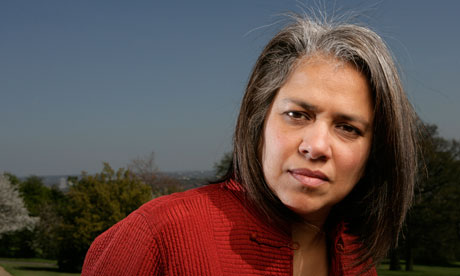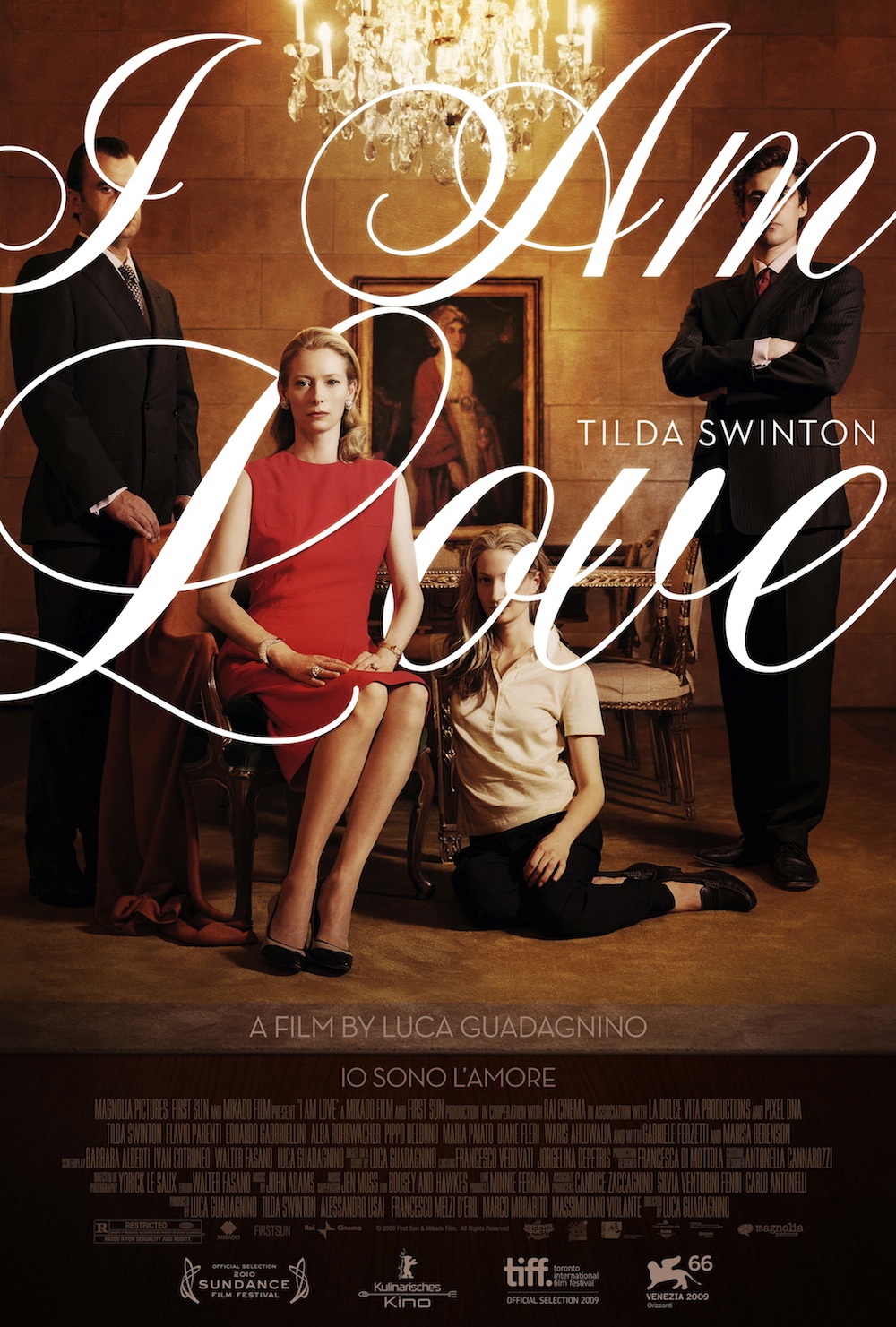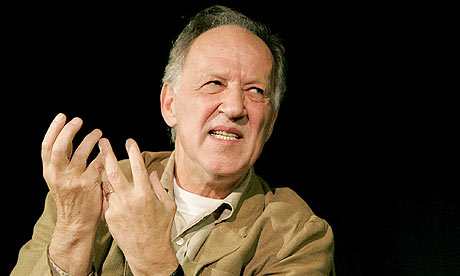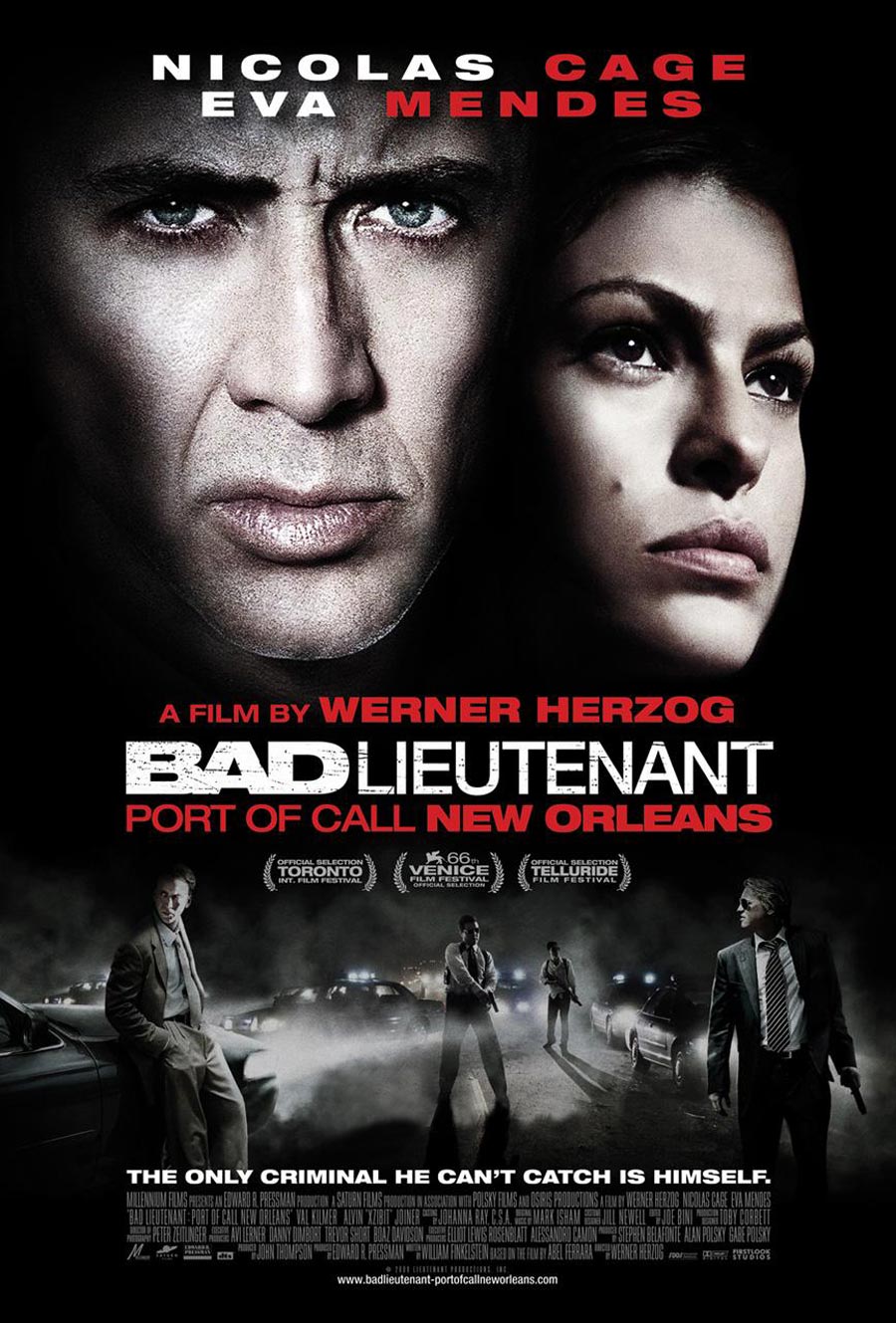Ayaan Hirsi Ali's extract on that website is no longer available, but I was able to find a cached copy of it, which is copied under the cut. John Milbank quotes a chunk of it, so instead of posting that same chunk twice you will find it bolded in my copy of Ayaan Hirsi Ali's book extract below.
Seeking God but finding Allah
By Ayaan Hirsi Ali
ABC Religion and Ethics | 30 Jul 2010
Islam claims to be the fasting-growing religion in the world today. This expansion is achieved partly through the relatively high birth rate of Muslim societies but also through dawa, by which people are persuaded to adopt its values and outlook.
Millions of Muslims now live in the West; clearly it's not enough to assume that the allure of the material plenty around them will sway these Muslims to relax into a Western value system of tolerance and individual rights. Some of them may, but the evidence is all around us that many will remain sympathetic to a worldview that is steeped in conspiracy theories and blames all Muslim failures on outsiders. Moreover some non-Muslims in the West will be attracted to that worldview and become converts.
Some Westerners have a vision of Muslims as a mass of unbending, irrational, unthinking beings, incapable of calmly examining new ideas on their merit. But a Muslim's mind is just like anyone else's and is capable of absorbing new information.
If Muslims can be helped to re-examine the bedrock ideas of Islam, they may then admit that the Prophet Muhammad's example is fallible, that not everything in the Quran is perfect or true, and that this doctrine can be adjusted so that the mental pain that comes of trying to apply it in the modern world is diminished.
I have a theory that most Muslims are in search of a redemptive God. They believe that there is a higher power and that this higher power is the provider of morality, giving them a compass to help them distinguish between good and bad.
Many Muslims are seeking a God or a concept of God that in my view meets the description of the Christian God. Instead they are finding Allah. They find Allah mainly because many are born in Muslim families where Allah has been the reigning deity for generations; others are converts to Islam or the children of converts.
The Muslims who say that Allah is peaceful and compassionate simply do not know about other concepts of God, or the concepts they do have are wrong.
They have been told that Christians have misunderstood the real God, Allah, that they are guilty of shirk (an unforgivable sin) by associating the one true God with the Holy Ghost and Jesus, a mere prophet, they argue, whom Christians wrongly put on the throne as the son of God.
The Muslims who hear all this (and worse) about Christianity hardly ever make an attempt to find out more. Meanwhile Christians have stopped teaching people in Muslim countries because the bitter resistance from the local Muslim clergy and political elites made it harder and harder to do so.
In short, the Muslim masses are insulated from all alternative religions.
To change this, I have in mind a kind of spiritual competition. If Saudi Arabia invests millions of dollars in madrassas and a systematic campaign of dawa, taking advantage of all the institutions of freedom in the West, why should the Catholic Church, with its financial resources and its millions of steadfast followers, not do the same?
I hope my friends Richard Dawkins, Sam Harris and Christopher Hitchens - the esteemed trinity of atheist activists in Britain and the United States - will not be dismayed by the idea of a strategic alliance between secular people and Christians, including the Roman Catholic Church.
I concede that the idea is a little paradoxical. For centuries the proponents of the scientific revolution and the Enlightenment saw the Vatican as their archenemy. The Church persecuted and in some cases executed those it condemned as heretics. My atheist friends are right to point out that many Christians have abandoned biblical literalism only because of the constant criticism by such free-thinkers.
It is also true that there is no shortage of misogyny in the Judeo-Christian tradition. Contempt for women is inscribed in the works of Saint Paul.
But the modern Catholic Church is a very different and more tolerant institution. Christians in more recent times must be given some credit for heeding at least some of the critiques advanced by the thinkers of the Enlightenment.
That very openness to criticism is what makes Christianity different from Islam.
Nor is Christianity riven as it used to be by bitter sectarian conflicts dating back to the Reformation. Today the relationship between the Catholic Church and the mainstream Protestant denominations, the Anglicans and Episcopalians, the Presbyterians, Unitarians, and Universalists, is peaceful.
In most of the Western world these churches and their congregations either leave one another alone or have good ecumenical relations. Finally, the Christian churches have put behind them the centuries of anti-Semitism that so stained their reputation.
It is true that on a wide range of issues the Roman Catholic Church takes positions with which I, along with most liberals, disagree. On questions such as abortion, birth control and women priests there are deep divisions within the Western world. Many American Protestants as well as Catholics are deeply opposed to abortion, a polarizing issue particularly in the United States.
But all these differences are matters of debate and not matters of war. Debate, however bitter, takes place within Western societies in a peaceful if sometimes heated exchange of words. The occasional madman who blows up an abortion clinic or murders physicians who provide legal treatments to women whose pregnancies are unwanted is the exception that proves the rule.
The clash between Islam and the West is different. All possible means are used by the agents of radical Islam to defeat the West. Even though most of our attention is consumed by those Muslims who are willing to blow themselves up in the name of their religion, we cannot ignore the more subtle campaign of conversion and radicalization.
For too long the West has sat back and allowed Islam to make a run at people who are susceptible to conversion. Sometimes I feel as if the only people in the West who really get this are Jews, who are far more exposed to the workings of radical Islam because of their contacts with the state of Israel.
* * *
Take a look at the institutions of the Enlightenment, the schools and universities established throughout the Western world on secular principles. To defend the values of the Enlightenment from the encroachment of Islamist thought they must wake up and see how effectively they have been infiltrated.
Their resources are limited, and large donations from Saudi princes and Qatari sultans come with strings attached. Their curricula are increasingly politicized, and they tolerate and even encourage the rise of all kinds of anti-Enlightenment movements based on feelings of group grievance and victimhood.
Some teachers even encourage their classes to wallow in self-flagellation over the misdeeds of Western history. Eastern, Middle Eastern and African cultures that see compromise and conciliation as manifestations of weakness interpret all this as a sign of their own impending victory: it emboldens them.
In this clash of civilizations the West needs to criticize the cultures of men of colour too. We need to drop the ethos of relativist respect for non-Western religions and cultures if respect is simply a euphemism for appeasement.
But we need to do more than criticize. We need - urgently - to offer an alternative message that is superior to the message of submission.
When I'm told to be careful not to impose Western values on people who don't want them, I beg to differ.
I was not born in the West and I did not grow up in the West. But the delight of being able once I came to the West to let my imagination run free, the pleasure of choosing whom I want to associate with, the joy of reading what I want, and the thrill of being in control of my life - in short, my freedom - is something I feel intensely as I manage to extricate myself from all the shackles and obstacles that my bloodline and my religion imposed.
Many contemporary Western thinkers have unconsciously imbibed the toxin of appeasement with the ideas of equality and free speech. They give chairs in the most distinguished and best institutions of higher learning to apologists for Islam.
There is no unity, no shared view of how to deal with this threat. Indeed, those of us who clearly see the threat are dismissed as alarmists.
That is why I think we must also appeal to other, more traditional sources of ideological strength in Western society. And that must include the Christian churches. There are people in Europe and America who maintain that it is secularism that has made us defenceless against a Muslim onslaught.
But it is not only leftists who appease Islam. Afflicted with similar pangs of white guilt, many prominent Christian theologians have also become accomplices of jihad.
When I came to the West what I found truly amazing was the fact that believers, agnostics and unbelievers could debate with and even ridicule one another without ever resorting to violence.
It is this right of free expression that is now under attack. And in time of war, internal feuding in the ranks - between atheists and agnostics, Christians and Jews, Protestants and Catholics - serves only to weaken the West.
So long as we atheists and classical liberals have no effective programs of our own to defeat the spread of radical Islam, we should work with enlightened Christians who are willing to devise some. We should bury the hatchet, rearrange our priorities, and fight together against a much more dangerous common enemy.
On 12 September, 2006, at the University of Regensburg, Germany, where he had once taught theology as a professor, Pope Benedict gave a wide-ranging lecture, titled "Faith, Reason, and the University - Memories and Reflections." In it he proclaimed that any faith in God must also obey reason; God cannot ask you to do something unreasonable, because God created reason.
Islam, he pointed out, is not like Catholicism: it is predicated on the idea that God may overturn law and human reason. Allah may demand immoral or unreasonable behaviour, for he is all-powerful and demands absolute submission.
In spite of the pope's invitation to dialogue with people in other cultures, his speech unleashed Muslim protests around the world, and several churches were fire-bombed: more evidence of the intolerance of criticism of Islam by Islamists.
The pope also knows that wherever radical Islamists become a majority they oppress other faiths. In Muslim countries there is no equal competition for souls, hearts and minds, because atheists and missionaries and communities of Christians are forced to operate in an atmosphere of physical menace. And although there are plenty of mosques in Rome, not a single church is permitted in Riyadh.
A confrontation between the values held by Islam and those of the West are inevitable. There is already a clash, and we are in some sense already at war.
That Western civilization is superior is not simply my opinion but a reality I have experienced and continue to appreciate every day. I assume the West will win. The question is how.
Can the various churches of Christianity help stem this rising tide of violent Islam? Can today's Christianity play a role in preserving the values of Western civilization?
Can the Vatican join in this campaign, if not lead the way - or is it doomed to become a decorative relic, like the European royal families and the fish fork?
Can the Established Churches of Europe heed my call - or will the cultural and moral relativists prevail, Christian leaders like the Archbishop of Canterbury, who professes to have an "understanding" attitude toward Shari'a?
Ayaan Hirsi Ali is a resident scholar at the American Enterprise Institute, Washington, D.C. This article is an edited extract from her most recent book, Nomad (Fourth Estate, 2010).
So, I was surprised to find that, after an introduction which I found deeply dodgy, there are some parts where John Milbank talks a bit of sense. I guess he's less likely to have an article brim-full of fail when he's discussing religion rather than feminism. Below I have bolded parts which I find particularly dodgy and, in places, I have included links which I believe aid refutation of those statements (and I shall explain those links below). Those parts I find myself agreeing with or approving of are underlined as well as bolded, because I don't feel it is fair to only point out the bad points while ignoring the better parts.
Christianity, the Enlightenment and Islam
By John Milbank
ABC Religion and Ethics | 24 Aug 2010
Ayaan Hirsi Ali doubtless shocked many of her admirers and detractors alike when she concluded her recent article on the ABC's Religion and Ethics website, "Seeking God, but finding Allah," by praising Pope Benedict XVI's stance on Islam and calling for an alliance between atheists and what she calls "enlightened Christians" in their struggle against a common foe.
I find myself in profound agreement with certain of Ayaan's arguments, and her piece raises two issues that are absolutely critical.
The first one concerns the triangular relationship between Christianity, the Enlightenment and Islam. As she rightly suggests, far too many Christians tend to take the simplistic stance of defending religion in general against the attacks of the new atheists.
Yet in important ways Christianity has more in common with the Enlightenment legacy than it has with Islam. Both see the role of reason as central and both favour tolerance and open debate, whereas Islam, on the whole, is more equivocal about these values.
In a sense, this is not surprising because both Christianity and the Enlightenment are Western phenomena. As Ayaan rightly observes, it is clear that the latter has recently influenced the former. What she greatly underrates, however, is the degree to which the former is itself the child of the latter.
Christianity already proclaimed a universalism based upon love and the divinity of the human beyond law and custom. Far from being especially mysogynistic, Christianity is itself the sustained source of feminism, and it is evident that even St Paul played a positive role in this respect (so long as one does not absurdly imagine that he could have arrived at modern views concerning female emancipation in the first century AD).
The Christian tradition has nurtured natural science, while so-called "biblical literalism" is itself a modern doctrine, completely unknown to the traditional orthodox faith.
The advocacy of tolerance is also grounded in the Christian insistence on the integrity of individual conversion and the initial emergence of this faith is a world of highly pluralistic debate.
Thus, in my judgment, Ayaan is most certainly right about certain shared emphases between Christianity and Enlightenment. And this brings me to what I regard as the second critical issue her piece raises: the lack of a level playing field between Islamic and Christian mission.
There is no proper tolerance of Christian practice and mission in many Muslim countries and cultures, while perhaps the majority of Muslims still think that apostasy is legitimately punishable by death. No Christians take this attitude and almost no Christian polities prevent Islamic dawa or mission.
It is also true that radical Islamists are systematically infiltrating Western educational institutions. I would agree with Ayaan that in the face of all this Christians need to take a more militant approach to mission and that, in the name of freedom, secularists should welcome such a venture.
One can also agree with Ayaan that there is some evidence that, when faced with a genuine, well-informed choice, many Muslims, and especially women - for example in Bangladesh - find Jesus to be far more attractive and universally relevant figure that Mohammed.
Surely she is correct that Muslims, like everyone else, need better education about other faiths and that spiritual allegiance should not be a matter of covert coercion.
However, in terms of this "triangulation," it is imperative that Christians sometimes side with Islam rather than Enlightenment, to a far greater degree than even Ayaan allows. This is true especially with regard to the area of religious self-organisation and involvement in education and civil society.
With Muslims, Christians would insist that monotheism has had a positive influence upon the formation of knowledge and social organisation, in a way that atheists often fail to recognise.
But it is also important to say that Ayaan's characterisation of Islam is far too monolithic and negative. It is doubtless true that mainstream Islam is too much permeated by a spirit of ressentiment, but this is largely the outcome of a specific history of decline, and there are significant minorities not touched by this ethos.
And while I welcome her unusual openness to the real content of the Pope's now infamous Regensberg address, I do not believe that Benedict would himself agree that all Islamic theologies ascribe to the view that God has an entirely arbitrary will.
This is certainly not true of many important Shi'ite and Sufi traditions, nor would it accurately describe perhaps the greatest Islamic thinkers, Ibn Arabi and Mulla Sadra. Indeed they share many things in common with great Christian thinkers like Augustine, Maximus, Aquinas and Eckhart - a fact that stems from a shared synthesis of Hebraic and neoplatonic elements.
Ayaan appears to think that it would be better if Muslims all converted to Christianity. And yet, as a Christian theologian, I would say that, even where they do convert, they need to find their own Islamic path to Christ.
I would also say that there is much more possibility of Muslims acknowledging the importance of reason, tolerance and debate in Islamic terms than Ayaan allows. This can occur without such Muslims necessarily feeling compelled to say that the Prophet was fallible or that the Qur'an can err, because Islamic mystical thought has many resources for stressing esoteric meanings of scripture as more important than the literal ones.
For instance, among some interpreters of Qutb (such as in Iran) one tends to find, interestingly, a radically modern approach to the reading of the Qur'an, as well as a certain amount of openness to Sufism and to philosophy.
In much of the wahhabi tradition, by contrast, one finds something like a parallel to Protestantism - vulgar scriptural literalism, a refusal of all sacramental mediation, a this-worldly austerity, and consequently a tendency to embrace the modern market while also refusing the modern spectacle.
What the West needs to do, I maintain, is to encourage the growth of more mystical forms of Islam, which are also the forms that stress a religious mode of organisation that is not directly a political one, or even necessarily a legal one. What is needed, in other words, is for Islam to evolve toward an ecclesial or "church-like" mode of organisation.
Islam possesses no "church." There are simply sacred sites, pilgrimages to them - generally without the Christian emphasis on "way stations" and the journey itself - and assemblies of individual believers who pray all at once but do not offer a liturgy nor engage in a divine mystery as do Catholic Christians.
Likewise the imam occupies a social and legal role within a single community, but not a priest-like office within a sacred polity that has to be distinguished from a secular polity within which it is located. Islam, consequently, does not provide a trans-political vision of universal human society.
Ayaan Hirsi Ali is unfortunately correct when she observes that the current trajectory of global Islam is not moving in the direction of such mystical and ecclesial forms of organisation, and that both secular and Christian institutions are often culpably or criminally naive in the face of this reality. Hence, I would concur that, for all the many iniquities of the State of Israel, Jews are often more alert to the dangers manifest by current Islam.
To this extent I can understand her dismay over Archbishop Rowan Williams's remarks concerning the possibility of parallel legal jurisdictions in Britain and his broadly expressed sympathies for the role of Shari'a among Muslim communities in the West.
For Ayaan and others, this suggests an apparent tendency on the Archbishop's part to endorse - either by words or silence - the scholarly inaccurate "Religious Studies" view of Islamic history put forward by figures like Tariq Ramadan.
This version tries to gloss over the historical problems of Islamic origins, Muhammed's treatment of women, the expansion of Islam by unprovoked conquest, the Qur'anic legitimation of the slaughter of polytheists and religious war (including the massacre of civilians) against non-Islamic monotheists.
Similarly passed over in silence are the Islamic genocide of Hindus on a gigantic scale, and the tendency of resentful Islamic populations to turn murderously upon their Christian neighbours once the latter are given equal status - as happened in Greece and Turkey in the nineteenth and twentieth centuries.
More recently, Tariq Ramadan has praised Sudanese leaders whose record of oppression is atrocious, while Rowan Williams naively cites Malaysia as relatively tolerant (despite the fact that it does not tolerate many aspects of Christian practice and is increasingly falling into the hands of radical Islamists).
The proper response to our present, seemingly incommensurable tensions is not to gloss over or seek to rehabilitate the past in such a dishonest way, but to analyse why exactly Islam has largely taken such a dangerous, non-mystical and often political direction in recent times.
This surely has to do with the lamentably premature collapse of the Western colonial empires (as a consequence of the European wars) and the subsequent failure of Third World national development projects, with the connivance of neo-colonial, purely economic exploitation of poorer countries.
Political Islam offers itself as a new international, but non-colonial, vehicle for Third World identity. Unfortunately, it also perpetuates over-simplistic accounts of the imperial past and fosters a spirit of resentful rather than self-sustaining and creative response to the ravages of Western capitalism.
John Milbank is Professor of Religion, Politics and Ethics at the University of Nottingham.
My Response
John Milbank claims that there are two points on which he agrees with Ayaani Hirsi Ali. The first of these is that Christianity has been more influenced by the Enlightenment than Islam. Of course, this is true and for most of us it's a sign that Islam needs to learn from Enlightenment values. This is actually something Islam is already doing with Iranian Islamic feminism in particular being influenced quite strongly by western feminist thought. Islamic thought needs to develop. I agree and I wish more liberal Islamic thinkers the best of luck with that.
Then, however, John decides that he wants to talk out of his backside. The Enlightenment is now no longer a reaction against Christian thought, but the inevitable result of it. John Milbank claims that Ayaan "greatly underrates" the extent to which Christianity shaped the Enlightenment, so at this point I provide a link to an article from the wonderful Andrew Copson (from the BHA) about the extent to which the benefits of our Christian heritage are very often highly overrated:
Pat statements about Britain's "Christian heritage" trip easily from the lips of Christians and non-Christians alike and these claims can sometimes be ludicrously expansive. I am used to sitting on a panel with some bishop or other to be informed that – although it may surprise me – democracy, volunteering, human rights, justice, the rule of law, freedom, equality, schools and hospitals are all artefacts of our Christian heritage. And motherhood. And apple pie.I also provide a link to history-spork where the relevance may be rather less obvious. This time it's a link to a snarking fest from the historians at LJ's "history-spork" dealing with the deeply anti-Catholic movie "Elizabeth: The Golden Age":
No one can deny that Christianity has had an effect on our national culture. But there are obvious and serious flaws in such an account of British history (Christian opposition in Britain to many of these "good things" in the past for example, or the fact that pre-Christian and non-Christian societies seem to have achieved many if not all of these advances at various times without the spur of a belief in Jesus).
Elizabeth: STFU. I will judge my people by their deeds, not by their beliefs.But perhaps I'm being unfair. Perhaps John hasn't failed to recognise that things like religious freedom were not a factor in pre-Enlightenment thought. Perhaps he has a good justification for his position.fourth_rose: Unless they choose not to believe in the Act of Supremacy, of course.
cutecoati: I take it this is another movie whose makers failed to notice that the Enlightenment took place in the 18th century, not in the 16th.
Sadly not...
First of all he decides to justify it by saying that Christianity is the "sustained source of feminism". This is coming from the guy who promotes marriage with the "big strong caveman" approach:
Marriage suspends sexual competition and distributes sexual partners equally. It still today usually protects women physically and compensates for their lesser muscular strength.I've seen both John Milbank and his wife. I cannot imagine him doing much physical protecting to be honest. Maybe he's useful for getting jam jars open. *shrugs* (Personally, I find my girlfriend is actually better at that sort of thing than me.)
So my response to that is a quick link to a statement by Archbishop of Wales, Barry Morgan, apologising to women who have been denigrated by the various religious traditions, Christianity included. Sure John might well disagree, but when this is such a blatantly obvious point I think we can put this down to his bizarre understanding of what feminism is.
There's a nice and pointless asides about how the literalism of creationism is completely unknown to Orthodox faith, which is neatly contradicted by a recent Catholic article, which I discovered via Pharyngula:
Here's an article on catholic.org that is pure unadulterated creationism, flatly denying the facts of human evolution because it contradicts the Magisterium of the Church on original sin and our exclusive descent from Adam and Eve.
It's unclear how this particular site is associated with the official Catholic church, but one thing should be clear: practicing Catholics seem to ignore official papal decrees fairly routinely, and there are a lot of creationist Catholics.
Of course his main point is that religion has nurtured science; a point which has more controversies than he is letting on.
John Milbank finally claims that tolerance in particular is encouraged by Christianity because of its insistence (I kid you not) on "the integrity of individual conversion". So yeah, at this point I provide a rather neat timeline of atrocities committed against Jews up to and including the Nazi Holocaust. Count the number of forced conversions. I think you'll find most of those are by insisted upon by Christians.
The next point is "the lack of a fair playing field between Islam and Christianity". A clear case of fatwa envy. The gist is that many strongly Islamic countries discriminate against other religions. They discriminate against Christians and they discriminate against sects of Islam they don't like too. So what should our response be? Well presumably just keeping preachers of hatred out of the country is not enough. No, the only sensible option is to step up the amount of Christian proselytising. Clearly there isn't enough Christian doorknocking going on and "in the name of freedom" (did he really mean that) we should expect even more of it and, as secularists we "should welcome such a venture". (Meanwhile atheists who publically and explicitly, though not maliciously, express their atheism, with a bus campaign for example, are "militant" *sighs*.)
The next bit that upsets me is the following:
...there is some evidence that, when faced with a genuine, well-informed choice, many Muslims, and especially women - for example in Bangladesh - find Jesus to be far more attractive and universally relevant figure that [sic] Mohammed.Naturally conversions occur all over the place all the time, but the idea that they convert because of "a genuine well-informed choice" rather than simply being in the right frame of mind seems dodgy. Heck, even though I think atheism makes more sense than theism, I would never stoop so low as to suggest that all a person of a certain religious background requires is to be "genuinely well-informed" and they will choose atheism.
Apparently I am not alone as an atheist in failing to notice the "positive influence" monotheism has on "the formation of knowledge and social organisation". Sadly this may well be stooping lower than ever, since I believe this is actually an argument more commonly used by proponents of Intelligent Design theory, claiming that monotheism is responsible for the development of science and that therefore looking at objects of scientific enquiry as if they were designed by a creator will help to advance our scientific understanding. This is, of course, utter nonsense. All of it. Perhaps especially that initial premise that monotheism is somehow responsible for science.
Science, or rather critical thinking was already beginning within Ancient Greece even though it was a polytheistic society. The Egyptians also had some rudimentary science, and many polytheitic cultures had some form of arithmetic. China too, had very early scientific thought without monotheism. If you actually search for people proposing a link between monotheism and the origins of science one of the prominent names that crops up is Rodney Stark who, in his book "Facts, Fable and Darwin", criticises the "Darwinian Crusade" and their "tactic of claiming that the only choice is between Darwin and Bible literalism".
I have bolded a number of statements about Sufism and mysticism in Islam. What John seems to like about these forms of Islam is that they are less political. Personally, I'd share his interest in Islam becoming less political and I would admit that Sufism does so. However, it strikes me as quite dodgy when this statement comes from John Milbank who is well known for advocating that Christianity become more political. He has previously claimed that religions dominate one another in the marketplace and that there is nothing wrong with this. When he suggests that Islam become apolitical even while he encourages a political theory related to Christianity, he is presumably trying to take part in such a domination and in quite a Machiavellian way too.
John agrees with Ayaan that Jews are in a better position to recognise the hostility of Islam because of Israel, but in spite of Israel's "many iniquities". This is deeply inconsistent. Israel is in a very specific political situation and part of that has to include Israel's "many iniquities". I am not going to say that issues with Islam as a religion can be entirely separated from issues with extreme political groups with a strong emphasis on Islam. However, I don't think being under attack by one of those extreme political groups puts you in the best position for objectivity on the issue.
John criticises two individuals and my main issue in both cases is that we already know they are dodgy. Pointing out that they are dodgy is completely unhelpful in this matter. The first is Rowan Williams and John makes the typical error of claiming that the Archbishop of Canterbury advocated a two-tier justice system, though admittedly his original words on the matter do speak a little too highly of Malaysia where such a system currently exists. His own website makes a distinct clarification on this:
The Archbishop made no proposals for sharia in either the lecture or the interview, and certainly did not call for its introduction as some kind of parallel jurisdiction to the civil law.
Instead, in the interview, rather than proposing a parallel system of law, he observed that "as a matter of fact certain provisions of sharia are already recognised in our society and under our law" . When the question was put to him that: "the application of sharia in certain circumstances - if we want to achieve this cohesion and take seriously peoples' religion - seems unavoidable?", he indicated his assent.
Tariq Ramadan meanwhile is quite extreme in his views and will not even go as far as to condemn the inhumane practice of execution by stoning:
Why will Ramadan not simply say that stoning is a barbaric punishment and should be banned? Because, as he explained when I interviewed him for a Radio 4 documentary, the Qur’anic text that demands stoning “comes from God”.Exposing Tariq Ramadan is quite important because criticism of him is often equated with Islamophobic sentiment by the media and his victories are often bizarrely viewed as a victory for religious tolerance. For example, when he was sacked from a position for promoting the Iranian regime, his supporters lumped his plight together with a violent Islamophobic attack on an ordinary Muslim girl who had no connection with his cause, never mind his sacking.
Okay, so John Milbank has correctly established that there are violent Muslim groups and dodgy apologists for Islamism. But what is he trying to demonstrate by telling us this? Well he'd recently finished telling us that "in the name of freedom" secularists should welcome a step-up in the level of proselytising by Christian groups (oh joy). Meanwhile, what he is leading up to is perhaps the most ridiculously stupid part of his essay, where he asserts how "lamentable" it is that the Empire had to break up.
There's a very good response to this:
I would humbly suggest the following counterpoints:Another writer has also noticed the issues with John's article, decrying his article as "a throwback towards the more obscene forms of Orientalism and colonial arrogance".
· The problem with decolonization was not that it happened “too fast,” but that the only state structures that had been put in place in most colonies (above all in Africa) were geared solely toward population control and the extraction of natural resources. Not surprisingly, after these structures were handed over to the locals, we got “national security states” presiding over the extraction of natural resources. The same thing would’ve happened regardless of when decolonization took place, because the Western powers never had any interest in authentically governing and developing their colonies — “purely economic exploitation” was the agenda all along, as it continues to be today.
· The forms of Christianity that are having the most success in the Third World are not characterized by any close kinship to Enlightenment values — instead, they are largely shaped by a general Pentecostal ethos that fosters magical thinking. Even the Roman Catholic and Anglican churches are often affected by such trends. It appears that the countries where such a Pentecostal awakening is not taking place are generally those where the national security state forbids new forms of social organization from arising.
Also there's another criticism of John Milbank here (on a different issue).
And he's found on a list of University Professors who have supported 9/11 conspiracy theories.
And if this didn't amuse you enough, here's a link to an old post of mine where I typed out a definition given by one of his Radical Orthdoxy contemporaries, Catherine Pickstock, of the concept of "transcendence".


![[info]](http://l-stat.livejournal.com/img/userinfo.gif)







![[info]](http://l-stat.livejournal.com/img/community.gif)

















![[info]](http://l-stat.livejournal.com/img/userinfo.gif?v=1)



![[info]](http://l-stat.livejournal.com/img/community.gif?v=1)










